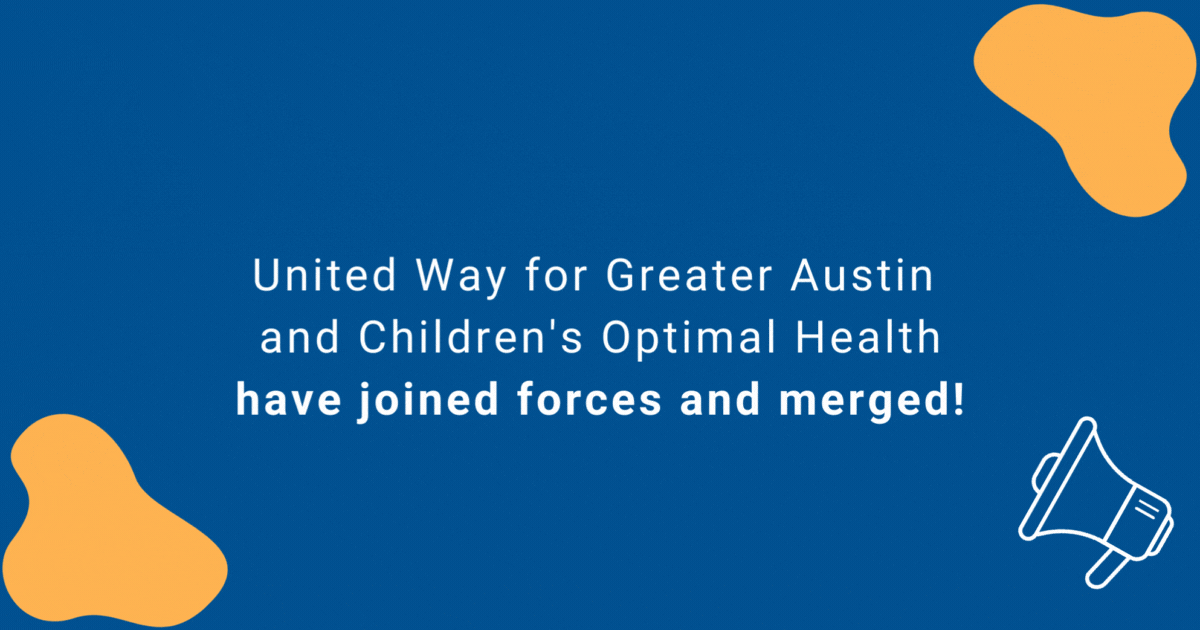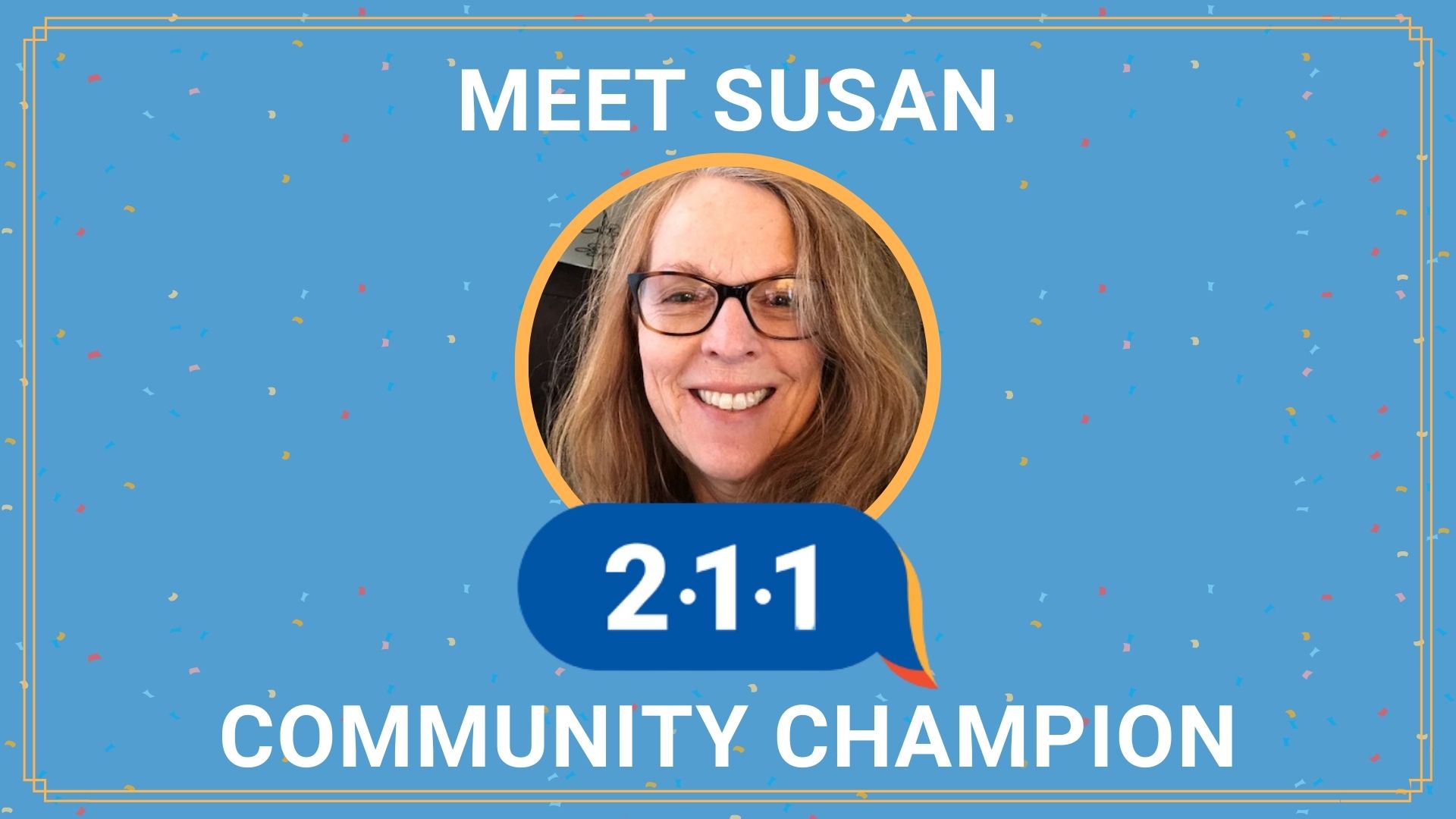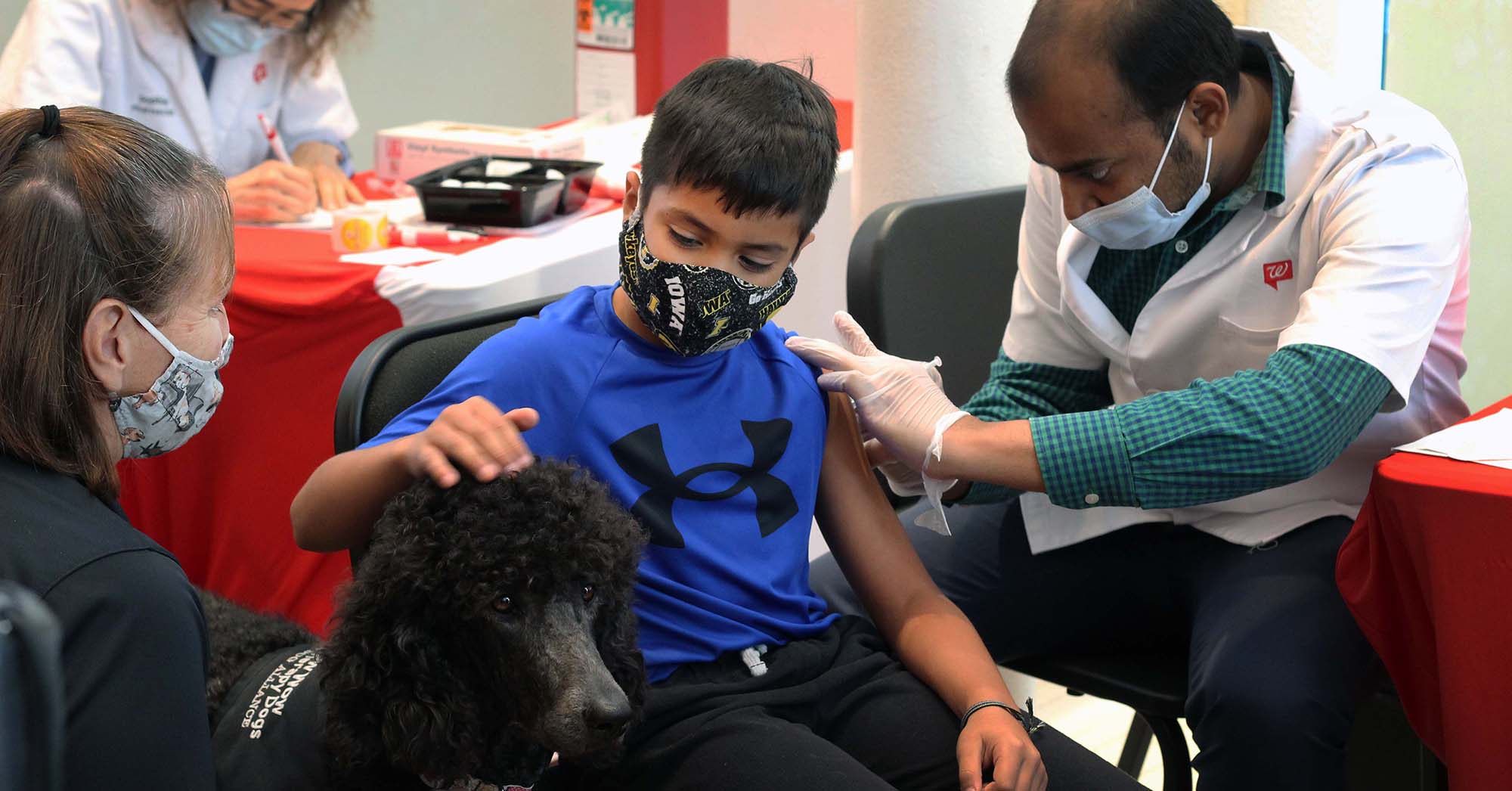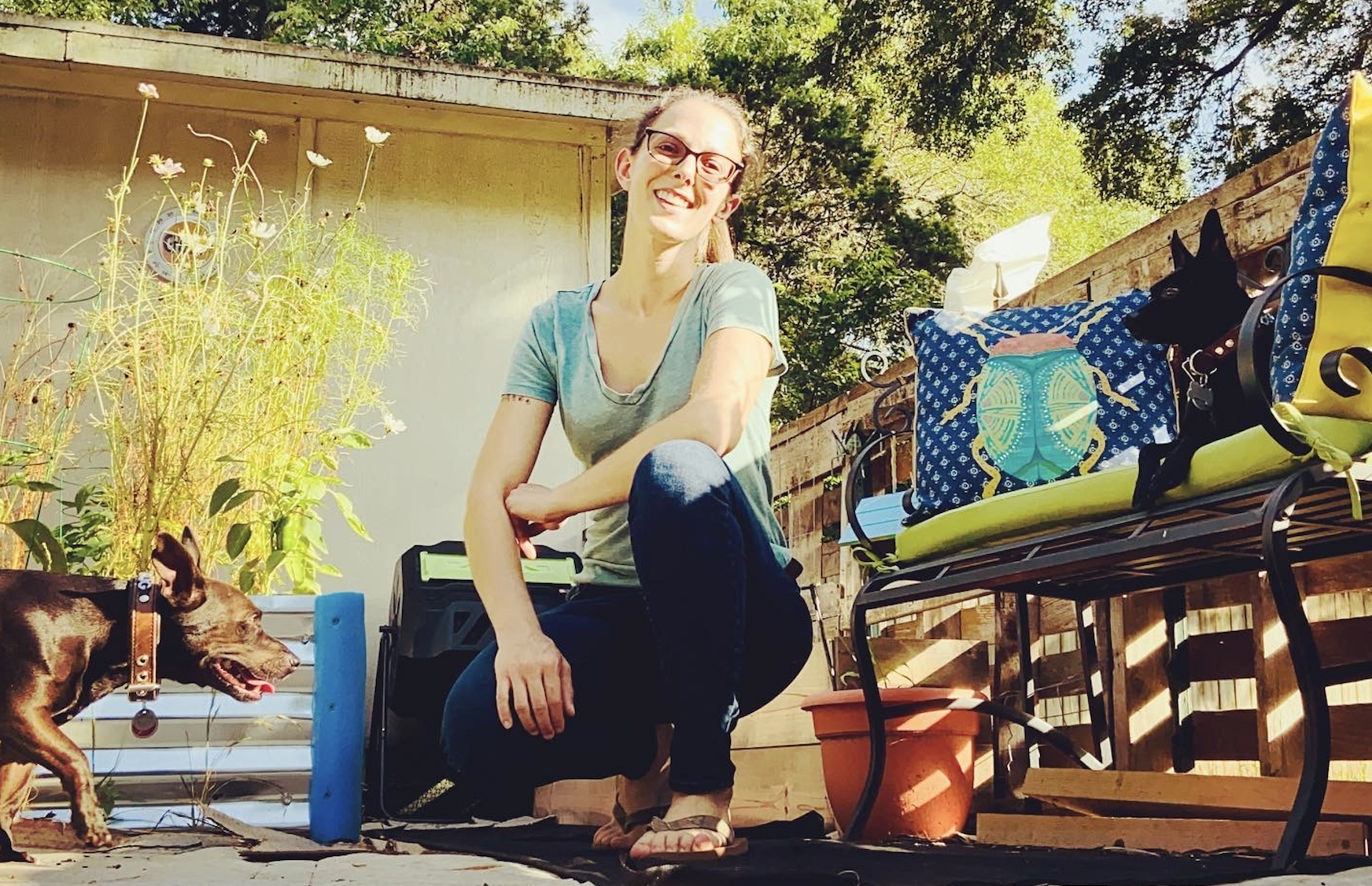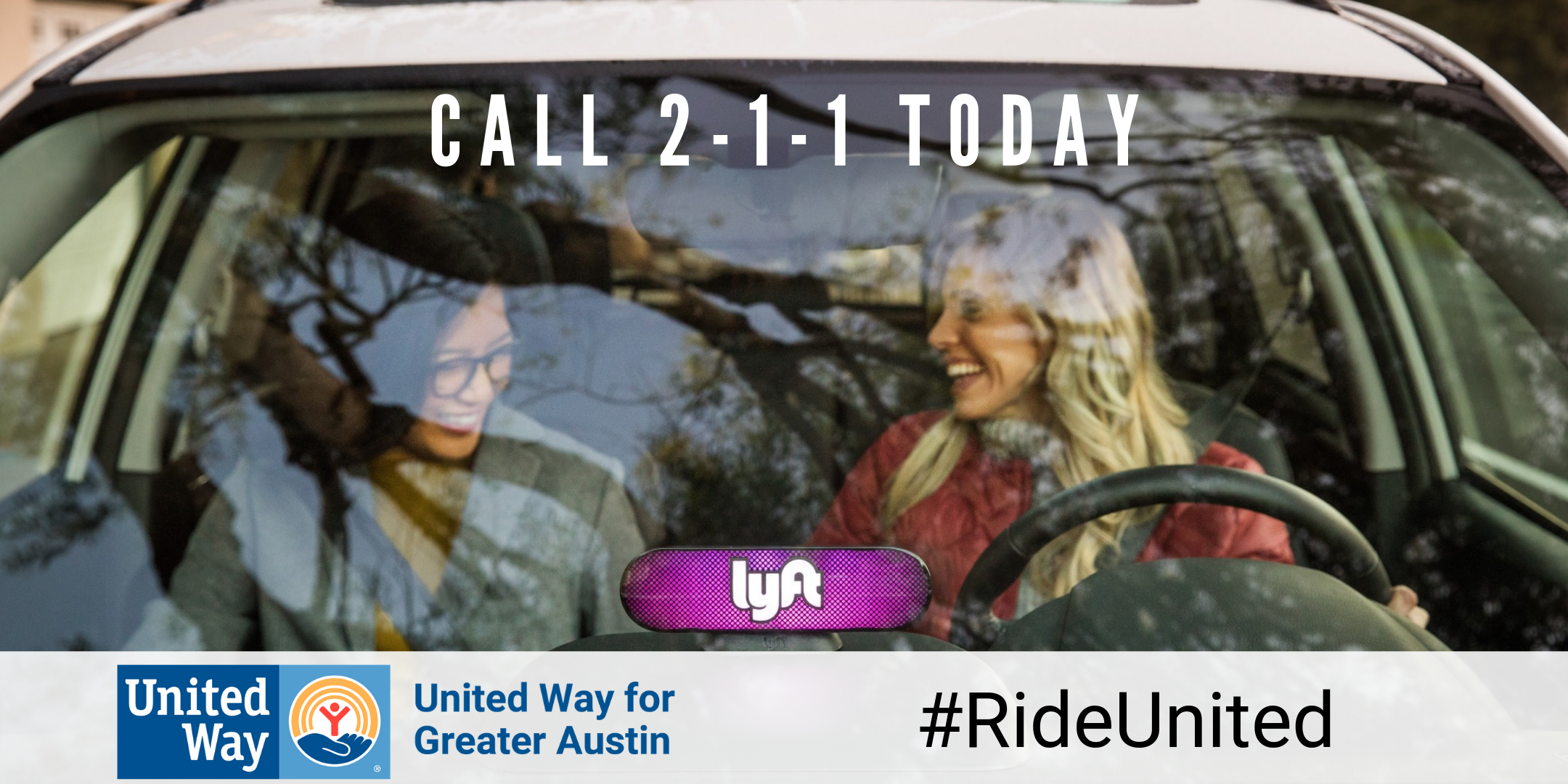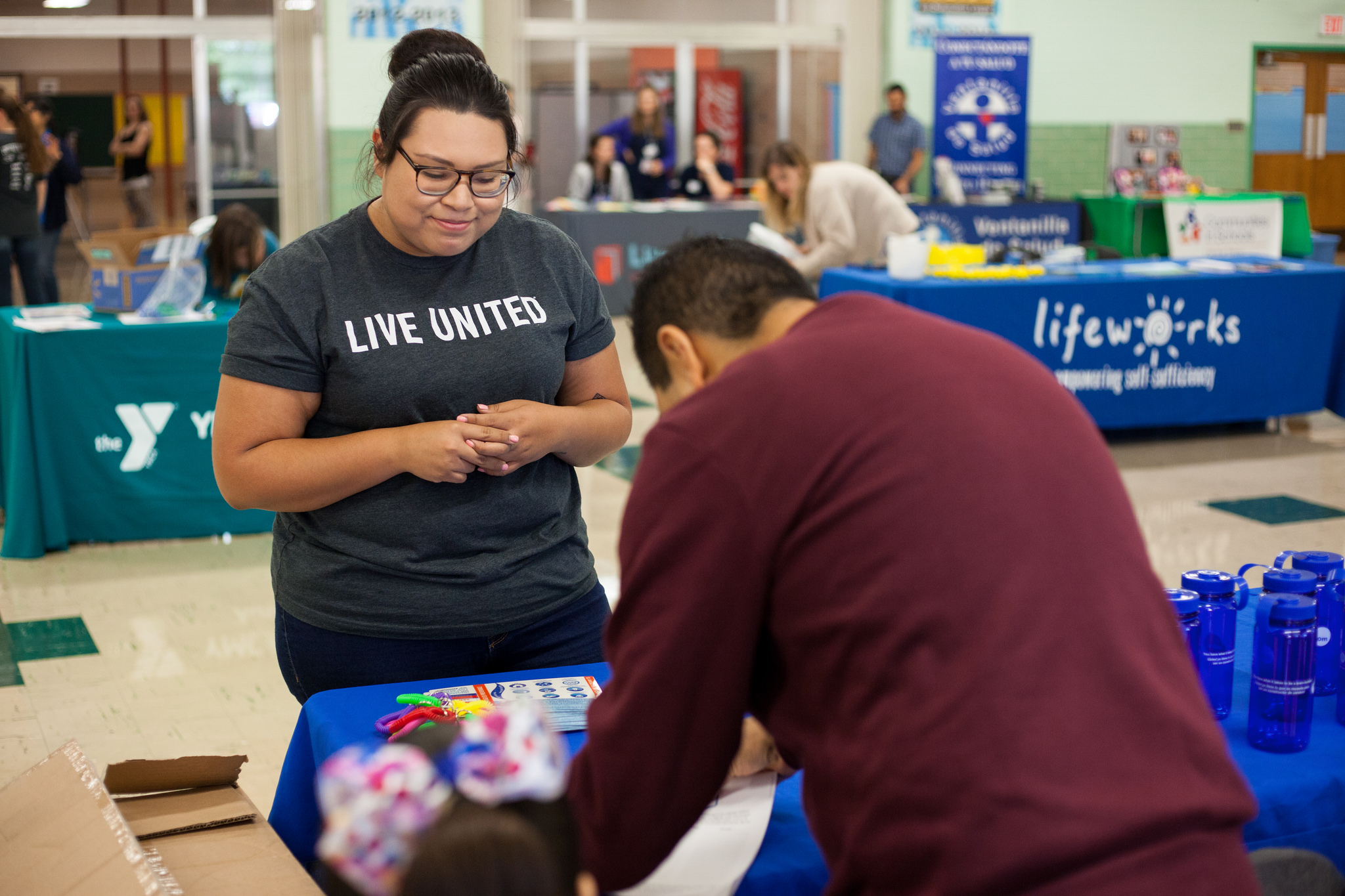This blog was written by United Way for Greater Austin’s Model Community Data Manager Dan Brown. In early 2008, thirteen lead community agencies and institutions organized as the Charter Members of Children‘s Optimal Health (COH) and formed a Texas Unincorporated Non-Profit Association (TUNA). Five of the Charter Member organizations committed to the initial funding of COH, while others committed data, time, and their knowledge surrounding the Central Texas community. The COH Board of Directors reflected the diverse organizations that impact children’s lives: healthcare, housing, education, economic development, and agencies addressing social and emotional development. This variety in Board representation allowed COH to look at a broader definition of health that included educational factors as well as the social determinants that play an important role in shaping outcomes for children. COH was created as a “Utility” to help our community visualize issues related to children’s well-being. Partners included municipal entities, healthcare organizations, non-profits and corporations. With the neighborhood-level geographic (GIS) maps of locally held data that COH produced, the community was able to gather together to study issues and find solutions to the problems we face in ensuring children are healthy. COH joined the Urban Institute’s National Neighborhood Indicators Partnership as part of a learning community focused on increasing visibility and action around neighborhood disparities. COH served as a collective leadership initiative that united the efforts of Central Texas organizations in promoting community change to help our children reach a brighter future. COH strived to give agencies and communities access to […]
Read MoreUnited Way for Greater Austin and Children’s Optimal Health have merged!
United Way for Greater Austin and Children’s Optimal Health (COH) have joined forces and merged! Access COH Maps and Data here Through this merger, we are streamlining our business and operational infrastructure to more efficiently serve the Greater Austin community. This will allow us to focus more on research and evaluation, and ultimately increase our impact as a data-driven organization. Both organizations share a commitment to diversity, equity, and inclusion, and the necessary restructuring of power to ensure that the voices of those with lived experience guide our work. Together, we can do more. This merger will support Model Community, a structured collaborative building a more effective, person-centered system of health, education, and social services. The goal of Model Community is that everyone in our community has the opportunity to be healthy and thrive, organizations can more effectively serve clients, and the community achieves equitable health and wellness outcomes. COH team members will be supporting the development of a cross-sector community information exchange (CIE), a crucial part of Model Community, allowing our community to shift to more proactive, holistic, and person-centered care. COH Board member Dr. Anjum Khurshid, formerly with Dell Medical School and currently with Harvard Medical School, has joined the United Way Board. The COH Board included local leaders across our health, education, and social services sectors. These partners will continue to provide guidance to United Way as the CIE Community Advisory Board. Since the onset of COVID-19, COH has been creating monthly community needs reports and maps with […]
Read MoreMeet Susan: 2-1-1 Navigation Specialist and community champion
National 2-1-1 Day, celebrated on February 11, recognizes the more than 200 2-1-1 helplines located across the country. For the past 20 years, United Way for Greater Austin’s 2-1-1 helpline has connected thousands of Central Texans to local, statewide, and national resources such as housing, food, health, child care, education, employment, transportation, counseling, disaster information, and more. This year, we are celebrating 2-1-1 Day by recognizing our compassionate Navigation Specialists, who power this service and work around the clock to answer the call for members of our community. Just last year, our 2-1-1 Navigation Specialists answered 157,514 calls for help in our region. One of these specialists is Susan Martinez. She began working at United Way last year because she believes everyone in our community deserves to have their basic needs met. “There’s a real disparity in wealth here that’s getting bigger and bigger,” Susan said. “We all have to do what we can to close that gap. I feel like it’s our duty as humans to help out and do our part, however small that may be.” Read more about why and how Susan answers the call day in, day out to support fellow Texans – and how each and every call advances our mission to fight poverty. What brought you to United Way? I’ve always been involved in some sort of volunteer work in nonprofits since my 20’s. I liked that the mission of United Way is to end poverty because it’s such a huge problem all over […]
Read MoreUnited Way Launches Model Community Initiative for Greater Austin Area
Zip code shouldn’t determine what opportunities are available to families, such as jobs, grocery stores, child care, schools, and safe housing–but in our current reality, it does. To support more equitable access to social services for everyone, we are launching a Model Community initiative, a person-centered framework that brings together various agencies, community clinics, and education institutions to offer more holistic delivery of social services. Funded by the Michael & Susan Dell Foundation, Episcopal Health Foundation, and St. David’s Foundation, Model Community allows service providers–from health clinics to schools and community-based organizations–to develop a comprehensive view of an individual’s needs, in an effort to coordinate cross-organizational support to improve their quality of life outcomes. Research from the World Health Organization shows that social determinants of health–the non-medical factors and systems that shape one’s quality of life–can have a significant impact on health outcomes. Determinants such as access to education, housing, and healthcare account for between 30-55% of health outcomes. “Our goal is to bring together partners from all sectors including policy makers, health care entities, those with lived experience, funders, grassroots advocates, and community-based organizations to create a more efficient, proactive, human-centered path to connect individuals to social services and therefore improve overall health in the the Greater Austin area,” said Stephanie Cerda, Director of Model Community at United Way. “This work must be informed, led, and owned by the community.” As part of the initiative, our ConnectATX platform currently serves as one of the public-facing access points for the Model […]
Read MoreUnited Way partners provide children’s vaccines in Greater Austin
When the CDC first recommended the COVID-19 vaccine for children aged five to 11 in early November, United Way for Greater Austin jumped into action alongside eight of our community partners to provide children’s vaccines in Austin and the Central Texas region. To date, we have vaccinated over 3,000 children, and will continue our efforts through June 2022. Since Spring 2021, United Way has partnered with St. David’s Foundation and Austin Community Foundation to support 19 community-based organizations with funding to address COVID-19 vaccine confidence and equitable access among people with low income, Black, Indigenous, and people of color (BIPOC), and other groups that have been disproportionately impacted by the pandemic. Now, eight of our partners in 2022—including VaxTogetherAustin, Eikon Church, Where We Thrive, Central Texas Allied Health, Latino Health Care Forum, Del Valle Community Coalition, Hays Latinos United, and COVAC Ops—are focused on providing children’s vaccines in Austin through pediatric clinics by partnering with school districts across Travis, Williamson, Bastrop, Caldwell, and Hays counties. Our partners have worked tirelessly to provide the best children’s vaccination experience for families, with strategies like VaxTogetherAustin’s onsite therapy dogs to help kids stay calm. We know that successful and equitable deployment of the COVID-19 vaccine is the most hopeful path to economic recovery, educational re-engagement, and re-emergence of cultural life. Here are three ways YOU can help advance vaccine equity: Talk to your children and loved ones about the vaccine Share resources such as vaccine clinics in your area and transportation support for […]
Read MoreIt’s 2/11: Celebrate 2-1-1 front line heroes with us!
When COVID-19 hit Central Texas, the team here at United Way responded quickly. Almost a year later, our 2-1-1 team is still responding to increased calls for questions and help around COVID-19, and help in general. (At times in the first few months of the pandemic, our call volume was 10x the average.) The Governor has said that 2-1-1 is THE place to go for information on COVID-19. Now more than ever, people need to know where to go for food, information on testing, health services, and so many other needs. Our 2-1-1 team is working around the clock to make sure callers seeking help are connected to accurate and up-to-date information. We know the whole community is thankful for our 2-1-1 front line heroes, and we couldn’t be happier to celebrate our team this 2-1-1 Day. Meet Stephanie Lyon, Statewide Community Information Coordinator, and learn all about the importance of 2-1-1. Want to know more about Stephanie? What brought you to United Way ATX? I came to United Way in the very beginning of September 2020, as a contract worker. I had been searching for meaningful, challenging, community-related social services work in the nonprofit sector for a few months. Due to being in the middle of a global pandemic and tough job market, I was incredibly fortunate to be contacted by a recruiter. I went through the interview process, and was grateful to land the position of 2-1-1 Navigation Specialist. How long have you been working with the Nav […]
Read More#RideUnited with 2-1-1 to Access Resources in ATX
Updated November 2019 Since 2018, United Way for Greater Austin has partnered with Lyft in a variety of ways to support the transportation needs of our 2-1-1 callers. This post may no longer accurately reflect our current partnership with Lyft. Please call 2-1-1 for the most up-to-date information. Since the summer of 2012, Lyft has been giving a lift to patrons in need all around the country. Ride sharing and the “gig-economy” have become a very important staple in our society, and Lyft is ahead of the game when it comes to upping social impact in the communities it operates within. In 2018, Lyft partnered with United Ways in 12 markets around the United States, to perform a 6-month pilot test of making ride-share available for citizens in need, and Austin, TX was one of those lucky markets! In 2017, the 2-1-1 network received more than 250,000 transportation requests from across the country, and on average 25% of these needs could not be met with existing resources (a heavily present issue in Austin, TX where we lack strong public transportation). That’s where Lyft came in. In an effort to address this need more effectively, United Ways around the country were able to provide 12,277 free Lyft rides over the 6-month pilot period. In Austin, TX alone our Navigation Center team were able to schedule more than 2,100 Lyft rides for local residents who were in need of rides to medical appointments, workforce-related services (like job training or interviews), or […]
Read MoreLyft + United Way: A Nationwide and Local Collaboration to Meet Unmet Transportation Needs
Updated November 2019 Since 2018, United Way for Greater Austin has partnered with Lyft in a variety of ways to support the transportation needs of our 2-1-1 callers. This post may no longer accurately reflect our current partnership with Lyft. Please call 2-1-1 for the most up-to-date information. 2-1-1 gets calls for a variety of needs, like a woman with breast cancer going through chemo. Fighting cancer is hard work, but imagine trying to fight cancer without having safe and consistent transportation to your vital medical appointments. Not only are you physically and emotionally drained from fighting for your life, but you also have the added stress of finding a way to access the treatment you desperately need. In 2017, Untied Way for Greater Austin took more than 5,000 transportation-related calls, 423 were from veterans and 1,629 were requesting help with medical transportation. As the suburbanization of poverty increases, with low-income families moving further away from the city, the amount of people with unmet transportation needs increases. United Way for Greater Austin is pleased to launch a new partnership with Lyft and United Way Worldwide to provide free rides to those with unmet transportation needs. On June 4, 2018 the six-month pilot program began in twelve markets around the nation. The goal of the partnership is to eliminate barriers around transportation by scheduling free rides to clients in the Austin Metro Area. United Way for Greater Austin defines the Metro Area as Austin, Round Rock, Del Valle, Cedar Park, Pflugerville […]
Read MoreA Different Kind Of First Responder: 2-1-1 Navigation Center Specialists
It has been two months since Hurricane Harvey hit the Texas Coast, but recovery efforts are far from over. Since the storm touched down on August 25, 2017, United Way for Greater Austin’s (UWATX) 2-1-1 Navigation Center has fielded more than 300,000 calls. In just two months, 2-1-1 took 98 percent of its 2016 call volume and the calls are still coming in. From evacuation information to FEMA assistance and volunteer aid, approximately 10 to 20 percent of 2-1-1 calls remain related to Hurricane Harvey disaster response. The 2-1-1 Navigation Center is a principal part of a statewide support network that participates actively with emergency and disaster support. During Hurricane Harvey, 2-1-1 remained open and responsive 24/7 for nearly three weeks to help the network handle an overwhelming number of calls for rescue, support and recovery resources. In addition to dramatically extending overtime hours, the Navigation Center welcomed support from more than 60 volunteers UWATX staff, Board members and other community volunteers. Harvey taught us that anyone can end up needing help in times of disaster Picture this: you and your family are in a strong and stable place financially, you live in a nice two story house and you’ve never had to worry about where to get your next meal. Then, Hurricane Harvey hits. The entire first floor of the home you’ve worked so hard for is destroyed. The carpet is rotting and the sheetrock, drywall and insulation are mold-ridden. The damages to your home could be tens […]
Read MoreCommunity Needs and Trends Report 2015
Since 1996, our Navigation Center has served as the access point for our community for health and human resources. The 2-1-1 Navigation Center has published its annual report of trends in community needs for social services for 2015. This past year, the Navigation Center received a total of 261,504 calls from residents in need of help. The UWATX Navigation Center partners with 2-1-1 Texas Health and Human Services Commission (HHSC) to help individuals navigate through 30,000 nonprofit and government resources in the ten counties we serve. The counties served through our Navigation Center include Travis, Llano, Burnet, Williamson, Blanco, Hays, Caldwell, Bastrop, Lee and Fayette County. Here are some of the community needs trends we saw in 2015: Increase in Housing-Related Calls Our data shows housing-related needs were the top subject 2-1-1 callers asked about in 2015. Previously, food-related needs were consistently the top need. However, they are related; many times when someone is paying a high percentage of income on their housing, they are likely to have a hard time paying for other basic needs as well, like food, clothing, healthcare, prescriptions and more. This year, the Navigation Center made 100,128 housing-related referrals, which made up 31% of total calls. Top needs for 2-1-1 callers Create pie charts More Calls From Outlying Areas 2-1-1 calls reflect demographic shifts in our community. There has been an increase in calls from people living in Williamson, Caldwell and Hays Counties, which have experienced booming growth in recent years as people who can no longer afford […]
Read More
